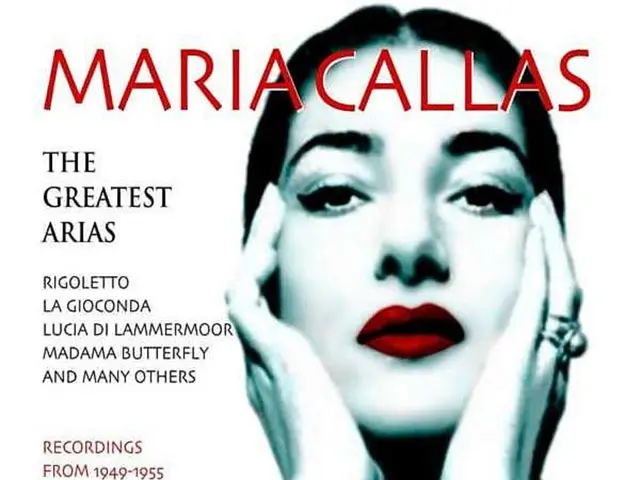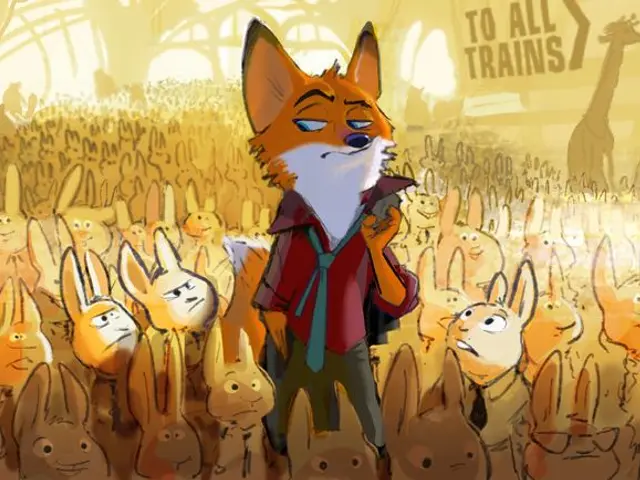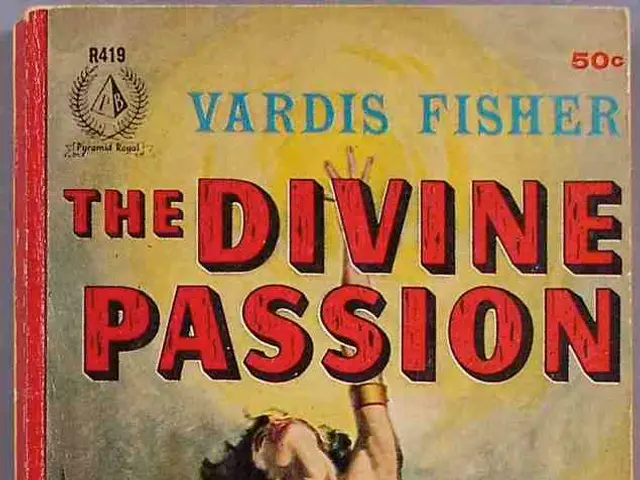Ian McEwan's Latest Dystopian Novel 'What We Know' Explores Memory and Catastrophe
Renowned British author Ian McEwan presents his latest dystopian novel, 'What We Know', a tale that intertwines the present with a catastrophic future. The story centres around the search for a lost poem by Francis Blundy, a masterpiece recited in 2014 that has since vanished.
McEwan, born in 1948, is celebrated for works like 'Atonement', which became an international success and was adapted into a film. His new novel explores themes of memory, transience, and catastrophe, set against a backdrop of environmental destruction and nuclear war.
In 'What We Know', sea levels have risen, submerging cities across Europe, West Africa, and North America. Great Britain has become an archipelago, while Greater Russia has absorbed Germany, and Nigeria has emerged as a global superpower. The story follows the search for Blundy's lost sonnet crown, recited at a gathering in 2014, now sought by future generations eager to understand the actions of their predecessors.
The novel's protagonist, literary scholar Thomas Metcalfe, becomes entangled in the quest for this missing masterpiece. His journey reveals the power of art and literature to endure and inspire, even in a world ravaged by catastrophe.
McEwan's 'What We Know' is a thought-provoking exploration of humanity's past, present, and future. Through the lens of a lost poem, it delves into themes of memory, transience, and rebirth. The novel is a testament to the enduring impact of literature, even in a world reshaped by environmental disaster and conflict.
Read also:
- EU Member States cast their decisions
- Eighteen-Year-Old Speaks Out Against Lowering Voting Age to Sixteen
- King Charles's body language analyst dissects signs of apparent 'impatience' exhibited by Charles towards Trump
- "Trump Lowering Taxes, Audaciously Challenges Starmer in Embarrassing Turnberry Interaction"








